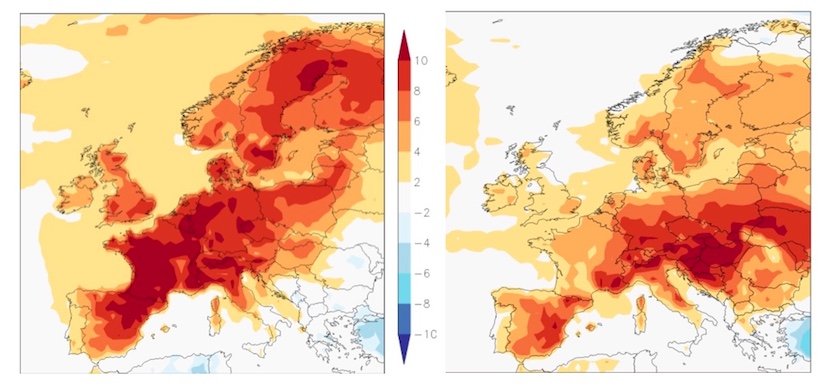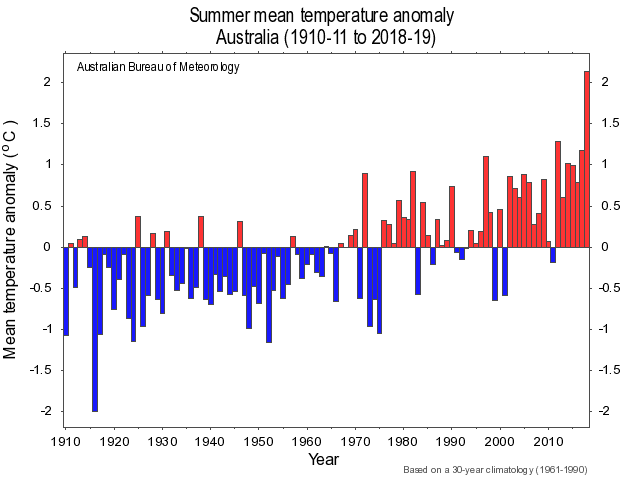From Global North to Global South, a winter and summer of record temperature extremes – Only small portions of Earth saw record cold weather

By Christopher C. Burt
8 March 2019
(Weather Underground) – On 2 March 2019, Dover, Tasmania, attained an all-time record high of 40.1°C (104.3°F), the hottest reading ever observed in that Australian state during the month of March. Just the next day (March 4 in the U.S.) a temperature of -46°F was measured at Elk Park, Montana, a new (preliminary) all-time record for cold in that state for March. These two dramatic extremes were exclamation points on what has been one of the most extreme northern-winter/southern-summer pairings on Earth in terms of temperature (in the modern record, of course, extending back a little more than a century).
Consider that February brought Western Europe’s most exceptional winter heat wave on record. Although the temperatures were not dangerously hot, the departures from average were astounding. As detailed below, all-time national monthly heat records were measured in the United Kingdom, Belgium, Netherlands, Luxembourg, Austria, Sweden, Hungry, Slovakia, Slovenia, Denmark, Andorra, and San Marino. Meanwhile, all-time (any month) coldest temperatures on record were observed in parts of Japan, Canada, and the U.S., both in January and February.
Australia has just endured its hottest summer on record, and in southern Africa, Angola saw its hottest temperature ever measured (any month).
In this post, I make an attempt to summarize the temperature gyrations of the past three months. Unless otherwise stated, all of the records cited are heat records. […]

One thing that looking at all these statistics makes clear is only small portions of the Earth saw any record cold weather this past northern winter/southern summer. The most focused area of cold departures happened to be in the northern United States and southern Canada, where the coldest temperatures since 1996 were seen in portions of the Upper Midwest. February was the second coldest month on record for Montana—but it was also the second warmest February on record for the Arctic region of Alaska and for the southern half of Florida. The point is that one needs to take a global perspective when discussing how climate change may be affecting temperature records. [more]
From North to South, A Winter and Summer of Record Temperature Extremes